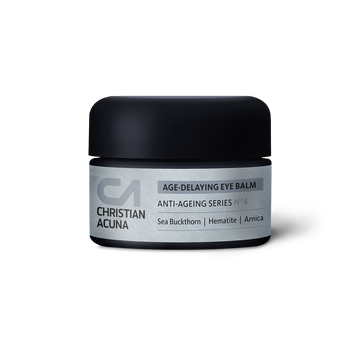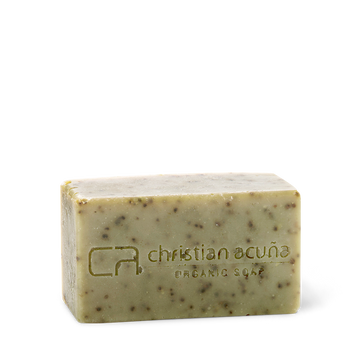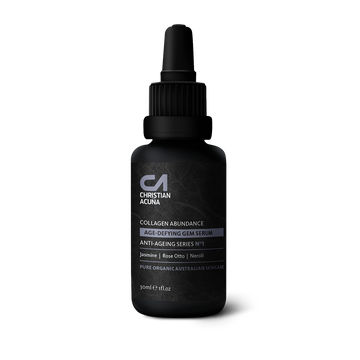Vibrant skin is symbolic of health and strength and there are many ways we can support our skin to be vibrant and healthy. These include following the appropriate exercise regime...
What Men and Women Need to Know About Sunscreen, Skincare, and Anti-ageing Products
Everybody loves a summer day. Whether it is the sun on your face in the morning or a day at the beach, we feel more relaxed and content, maybe even...
Why is men's skincare so important?
All jokes aside, your skin is the largest organ in your body. But have you considered that it is also like your business card? It is, after all, the first...
How to Recognise Genuine Authentic Organic Skincare
Today’s skincare connoisseurs take pride in their discerning taste. Gone are the days when people settled for skincare that was available at the local supermarket. With an increasingly intense focus...
Christian Acuña on Sustainable Organic Skincare
What does Sustainable Organic Skincare mean to you? It is difficult to sift through the marketing claims of many skincare brands and figure out for yourself what is real and...
Six Miracle Natural Ingredients that you need on your skincare
Christian Acuña Skincare is an Australian botanical and marine-based prestige skincare brand. To best unlock the natural healing power of Mother Nature, every Christian Acuña product contains 95%+ certified organic...
This is why you need a facial scrub
Refining Exfoliator paste by Christian Acuña Skincare is a cream-based scrub which uses multi-sized organic scrubbing particles to create a unique exfoliation experience. No other facial scrub contains such a...
Keys to a Great Shave Part III
Many men regard shaving as a chore which must be completed as quickly as possible. This is a pity, as there are many benefits of a good, traditional wet shave. This process exfoliates the skin, which removes dead skin cells and allows the skin to breathe. A wet shave also provides the closest possible shave, and with lasting results.
Keys to a Great Shave – Part II
Our male clients range from their twenties to their seventies, and tender post-shave skin is something they all desire. The vigorous, slap-it-all-over school of aftershave immortalised in the 1960s is long gone. Many of today’s men are opting for the gentler version: an aftershave balm or lotion. It’s as soothing as it sounds and definitely the way to go. These products have moisturising benefits and tend to suit every skin type.
Keys to a Great Shave – Part I
The dreaded male ritual … shaving. For any man that does not possess perfect facial skin and beard growth (and that is most of us!) it can be a frustrating experience: nicks, cuts, razor burn and a host of other unpleasantries.
The Best Time to Moisturise
When you grab your moisturiser you have about three minutes to achieve maximum impact. When used correctly a good moisturiser will help you look fresh and awake. But do you...
Benefits of using an anti-ageing eye cream
Bags under the eyes ... shadowy eyes … puffy eyes … This unappealing look is not easy to treat. From ritual ice-water immersions to cucumber peels, nothing seems to truly...
Benefits of antibacterial soap
Let’s talk soap. For many, soap falls under the umbrella of scarcely considered personal care products, along with dental floss - although we're fiercely loyal to the latter! But it’s...
Why do I need a face serum?
I’d like to kick off this blog by talking about serums, the most rejuvenating treatment you can apply to your face. If you do not use a good natural anti-ageing serum as...
The benefits of organic skin care
As we are now turning to natural and organic alternatives when shopping for our groceries and household cleaning products, it makes sense that we should be just as considerate when...













